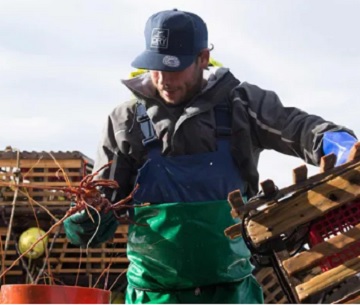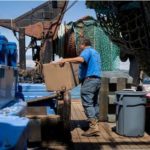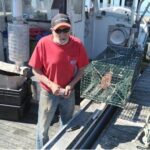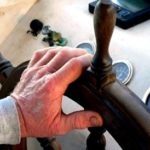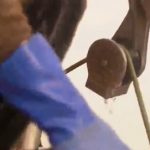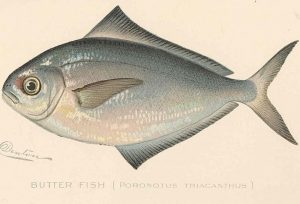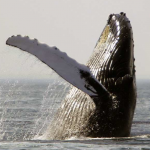Tag Archives: Fisheries Research and Development Corporation
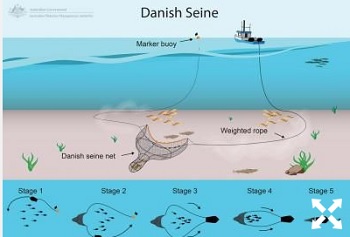
REPORT: Shocking results from seismic research
According to the report, which French seismic company CGG participated in, whiting catches fell by 95% and flathead 75% from January to July compared with the prior six months. While the report is preliminary, and just the first of a four-stage study into seismic acquisition and the effect it has on marine life, it paints a concerning picture for the offshore oil and gas sector as it backs up speculation by fishing companies that seismic acquisition can damage marine habitats.,, The environmental impact of seismic surveys on the marine environment is a hotly contested one, with the oil and gas industry noting it was key to securing exploration, and the fishing industry concerned it is losing catches immediately after surveys are conducted. >click to read< 09:24
Tasmanian researchers say Scallop deaths linked to seismic surveys being carried out on seabed
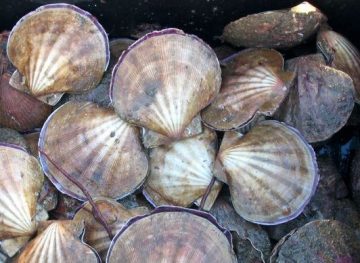 A link can be drawn between seismic testing for mineral resources and scallop deaths, Tasmanian researchers say. The Fisheries Research and Development Corporation has released findings of a four-year study into the impact of marine seismic surveys on south-east Australian lobster and scallop populations. The study began after Tasmanian fisherman were convinced seismic testing carried out by the Victorian Government in Bass Strait in 2010 caused a massive die-off. Seismic testing involves firing soundwaves into the ocean floor to detect the presence of oil or gas reserves. Bridport fisherman Allan Barnett was hit hard from the 2010 mass mortality. “The industry blames the seismic activity for the death of virtually all the scallops in that bed which was 24,000 tonne — about $70 million worth,” he said. Read the story here 10:24
A link can be drawn between seismic testing for mineral resources and scallop deaths, Tasmanian researchers say. The Fisheries Research and Development Corporation has released findings of a four-year study into the impact of marine seismic surveys on south-east Australian lobster and scallop populations. The study began after Tasmanian fisherman were convinced seismic testing carried out by the Victorian Government in Bass Strait in 2010 caused a massive die-off. Seismic testing involves firing soundwaves into the ocean floor to detect the presence of oil or gas reserves. Bridport fisherman Allan Barnett was hit hard from the 2010 mass mortality. “The industry blames the seismic activity for the death of virtually all the scallops in that bed which was 24,000 tonne — about $70 million worth,” he said. Read the story here 10:24






